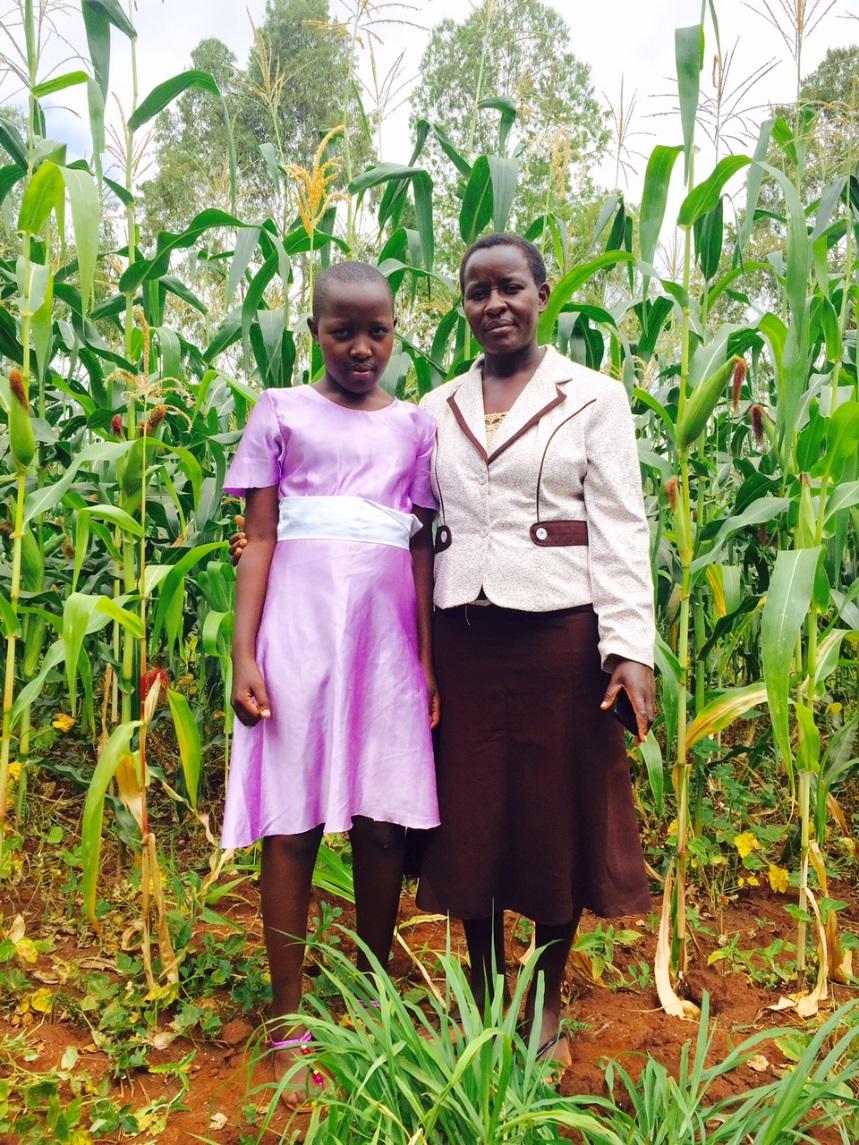Facilitating Dialogue on Index Insurance Between the Public and Private Sector

In June 2016, over 60 participants gathered at the College of insurance in Nairobi to discuss best practices and share their knowledge and expertise on index insurance, particularly livestock insurance and agriculture insurance. The discussions were quite timely, as the Government of Kenya recently allocated US$6 million for crop and livestock insurance for smallholder producers for next year, as one of the ‘key government flagship projects to drive the transformative agenda’. This is a five-fold increase in budget from the previous years with strong allocations toward data systems and premium subsidies.
The training offered an opportunity to bring the government and private sector players together to discuss future plans and to learn from each other. This knowledge-sharing event, “Operationalizing Index Insurance in Kenya” was attended by representatives from over a dozen insurance companies in Kenya, Zambia, and South Africa as well as government entities including the Insurance Regulatory Authority, the State Department of Agriculture, and the State Department of Livestock. “The training has given participants the valuable opportunity to learn more about NDVI (Normalized Difference Vegetation Index), area yield products, and other innovations in the field of Index Insurance,” said Mr. Vincent Githinji from the State Department of Livestock.
The workshop was delivered in collaboration with on-ground partners including Association of Kenyan Insurers (AKI), International Livestock Research Institute (ILRI), the International Labour Organization, and others. Mr. Tom Gichuhi, AKI Executive Director said, “AKI is glad to be part of this international training on agriculture insurance. As the umbrella body representing the insurance sector in Kenya, we are keen on providing members with information that will support the development of innovative products that in turn meet customer needs. Research undertaken by AKI shows that uptake of agriculture insurance is very low despite it being one of the country’s economic pillars. We believe that such trainings will increase capacity for underwrites to develop products targeting the agricultural sector.”
Topics covered during the three-day workshop included “Insurance Regulation in Kenya,” presented by Jospeh Owuor, Insurance Supervision Officer; “Understanding Data on Area Yield,” presented by James Sinah from World Bank Group; “Understanding NDVI and Livestock Index Insurance and The Role of the Verification Agent,” presented by Andrew Mude, Project Leader, ILRI; “Meso-Level Distribution in Index Insurance,” presented by the International Labour Organization; and “Pricing and Reinsurance,” presented by Sharon Onyango from ACRE Africa.
This was Kenya’s first training event on index insurance that brought together the public and private sectors and international stakeholders. The highlight of the training was a fireside chat with Vincent Githinji, State Department of Livestock and Richard Githaiga, State Department of Agriculture who spoke about Kenya’s future plans and direction in the sphere of agriculture and livestock insurance, which complemented Joseph Owuor’s presentation on Insurance Regulation in Kenya.
On the final day of the training, a field visit was organized in partnership with Global Index Insurance Facility (GIIF) grantee ACRE Africa. Participants were taken to Makuyu and Thika Town to interact with farmers who benefit from ACRE’s seed replacement program. Maize farmers who received a payout and those who did not both spoke about their experience with the product.
Jacintha, a smallholder farmer who plants maize, spoke about her experience receiving a payout through ACRE Africa’s SEED replacement program, “One afternoon around 1 PM while I was relaxing after a hard morning, I got a text message saying I had received 867 shillings (approximately $9)– the cost of two bags of seeds. I had bought 10 bags of seeds for my three acre farm and all but two bags had germinated and I was reimbursed. It was a very good feeling.”
The training, especially the field visit, was very well received by the participants. “The training could not have come at a more opportune time, agriculture index insurance is picking up in Kenya and all stakeholders need to understand the salient concepts to play their part well,” says Jacinta Ngwiki, Assistant Director of Agriculture, Government of Kenya.
Requests for similar training programs have been made by the governments of Rwanda, Cameroon, and South Africa.
